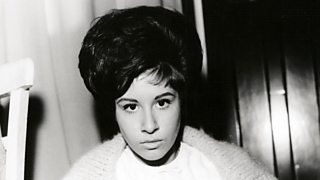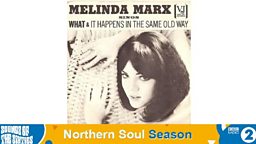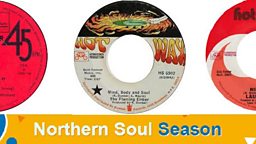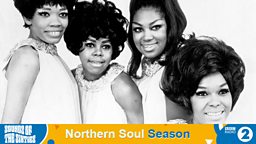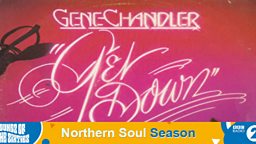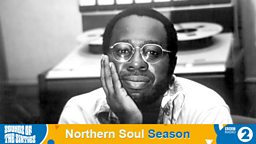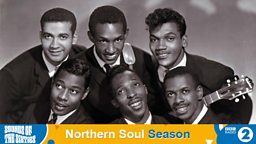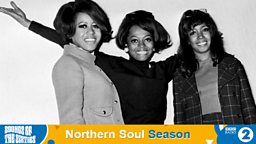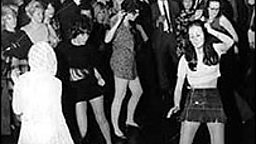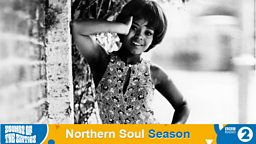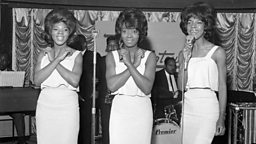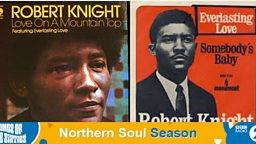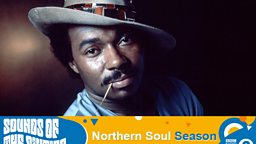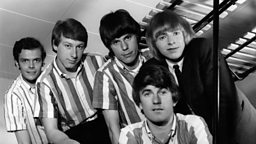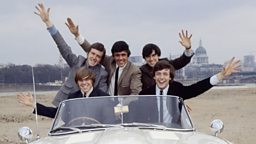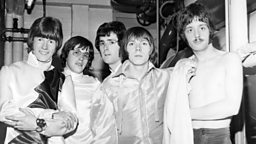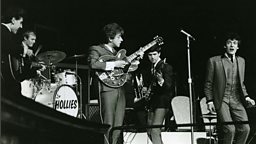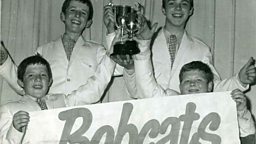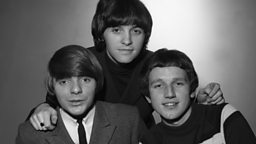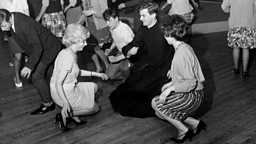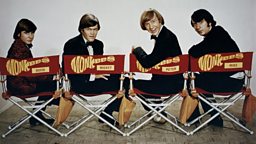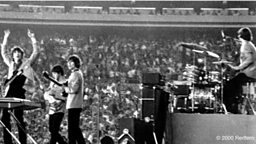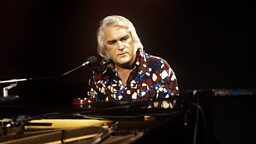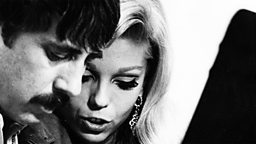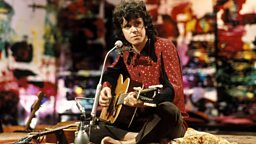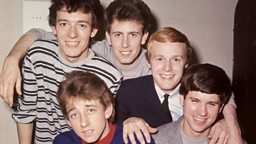The UK vs US: 1964
by Bob Stanley of
On this week in 1964, the 'British Invasion' of America reached some kind of seismic moment when a bunch of spotty kids from Newcastle-upon-Tyne reached number one with a traditional folk song about a New Orleans bordello. Coals to Newcastle, but in reverse, would be a huge influence on 's desire to "go electric", and so - without exaggeration - changed the course of pop history.
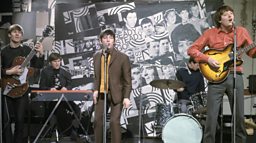
Looking at America's Billboard Hot Hundred that week, the past and the future were both in denial of the British influence.
Dean Martin's cosy bumbling reading of Everybody Loves Somebody was at number three, having been number one three weeks earlier. It was pinned between the Supremes' first chart topper Where Did Our Love Go (which the Animals had dislodged) and the Dave Clark Five's minimal, mournful Come ���˿��� at number four, while Sly Stone's first hit production - Bobby Freeman's C'mon And Swim - was brassy and bubbly, at its number five peak, with its suggestions of the Family Stone ethos, still three years away..
Lower down the Top 20, the famously penny-pinching Chuck Berry could have afforded a rare smile as his terrific pub piano-led wedding yarn You Never Can Tell was at 14, while Johnny Rivers' cover of Berry's 1955 hit Maybelline climbed from 30 to 17.
The nascent Red Bird label, set up by Jerry Leiber and Mike Stoller, was proving an instant success; it was represented by both the Dixie Cups (People Say dropped from 12 to 20) and the Shangri La's, whose Remember (Walkin' In The Sand) made a huge leap from 47 to 13, on its way to a chart high of number five.
The Beatles, this being 1964, had a ridiculous number of hit singles - seven separate places on the September 5th chart, from A Hard Day's Night at number eight to their cover of Larry Williams' Slow Down, entering at 99. Even Ringo's Theme by the George Martin Orchestra (aka an instrumental version of This Boy) was selling, sitting at no.55.
A couple of tunes that became more familiar to British ears in the seventies were lurking in the chart's lower regions.
The Tams were non-movers at no.41, which proved to be the US chart peak for Hey Girl Don't Bother Me, though it went all the way to the top in the UK when it was reissued seven years later. And new in at no.87 was Jimmy Smith's instrumental The Cat, otherwise known as the theme from ���˿���2's The Money Programme.
-
![]()
From Helen Shapiro to Jimi Hendrix - discover the stories behind the songs
